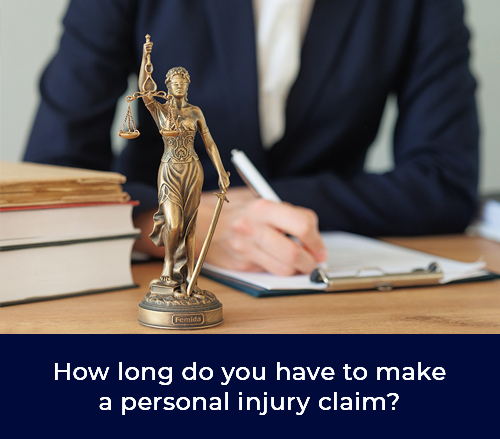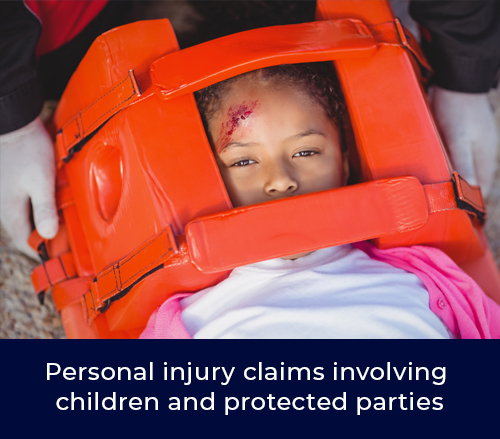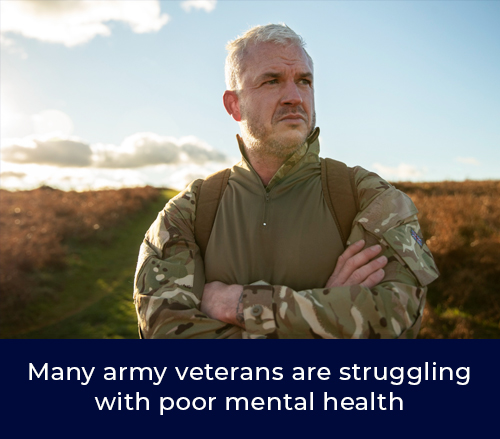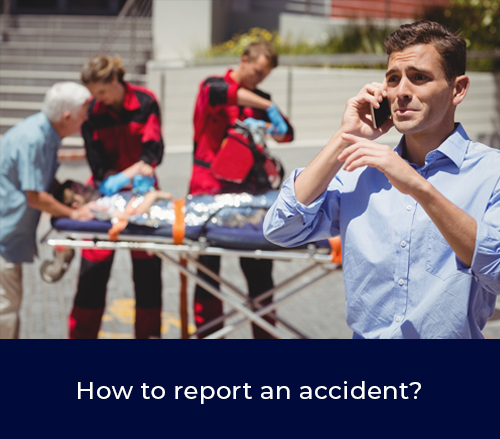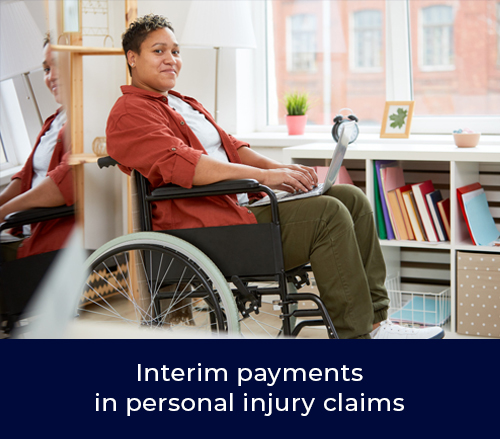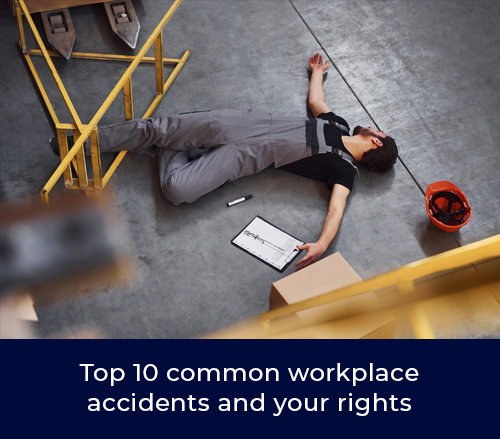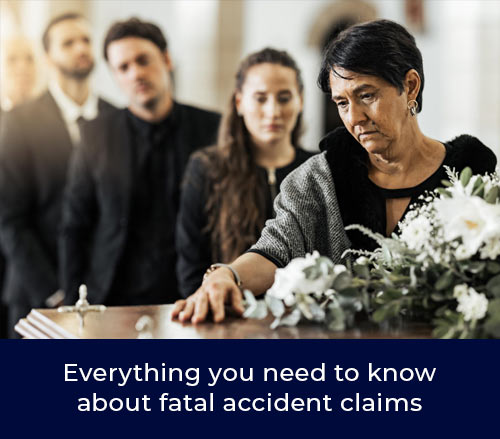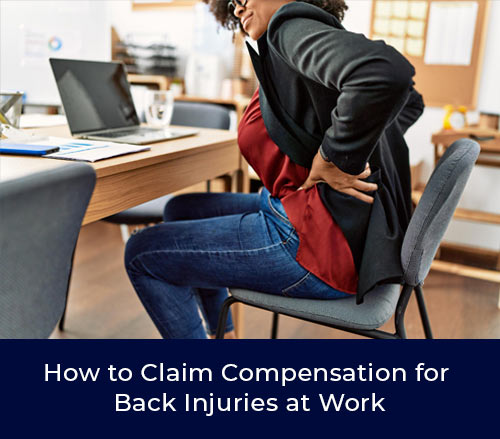Many army veterans are struggling with poor mental health
The British Medical Journal has found that almost 40% of army veterans (44% of females and 38% of males) have admitted to suffering from mental health issues such as depression, anxiety, alcoholism, or post-traumatic stress.
The UK has a long and proud history of military service and countless men and women have served their country with honour and distinction. However, the toll is often heavy, with many veterans returning home with physical and mental scars that can last a lifetime.
This is a problem that affects not only the veterans themselves but also their families and communities. It’s an issue that requires urgent attention and action from policymakers, healthcare providers and society as a whole.
The Overseas Operation Act
The UK Ministry of Defence (MoD) has faced criticism in recent years for its handling of veterans’ mental health issues. One particularly controversial aspect of this is the Overseas Operations Act, which came into effect in 2021.
While this legislation has been billed as a way to prevent frivolous legal claims against soldiers, it has also been criticised for making it harder for veterans to seek justice for the harm suffered during their service.
It is clear that the Overseas Operations Act has made it more difficult for veterans to claim compensation and this has contributed to a sense of disillusionment and anger among many within the veteran community. One option is to go through the Armed Forces Compensation Scheme which has the power to make ex-gratia payments for those who have suffered in the line of duty.
What is the Armed Forces Compensation Scheme?
The Armed Forces Compensation Scheme (AFCS) is a UK government scheme that provides financial compensation to serving and former members of the armed forces who have been injured or developed an illness as a result of their service. The scheme covers a wide range of injuries and illnesses, including physical injuries, mental health conditions, and illnesses caused by exposure to toxins or infectious diseases.
The AFCS is designed to provide a no-fault system of compensation, meaning that it does not require veterans to prove that their injuries or illnesses were caused by specific incidents during their service. Instead, the scheme provides a set of tariffs that are used to determine the amount of compensation that a veteran is entitled to based on the type and severity of their injury or illness.
While the AFCS is an important source of support for veterans who have been injured or developed an illness as a result of their service, however, it has been criticised by some for being overly bureaucratic and difficult to navigate.
Hiring a personal injury solicitor
If you are a veteran who is struggling with mental health challenges, it is important to seek legal advice to understand your rights and options for seeking compensation and support.
In general, you have three years from the date of the incident that caused your mental health problems to make a claim, though this can often be extended if a judge agrees and there is an argument to do so.
An experienced personal injury solicitor will help you to understand the legal options available to you and guide you through the process of making a claim or seeking support from the government or other organizations. They can certainly help navigate difficult processes such as the AFCS application which needs to be made through the Service Personnel and Veterans Agency.
Our experienced personal injury team can help you look at the options available and give you the guidance and support you need. Contact us today to find out more.
Get in touch with one of our personal injury experts
Use the online chat on our website
Call us on 020 8578 7778
E-mail us contact@silveroaksolicitors.com
Visit us at our office. We are open Monday-Friday 9am - 5.30pm
When you first contact us, we will ask for some initial details, including your contact information and the nature of your enquiry. You can be assured that everything you discuss with us will be completely confidential, and any information stored by us will be in accordance with UK data protection regulations.






